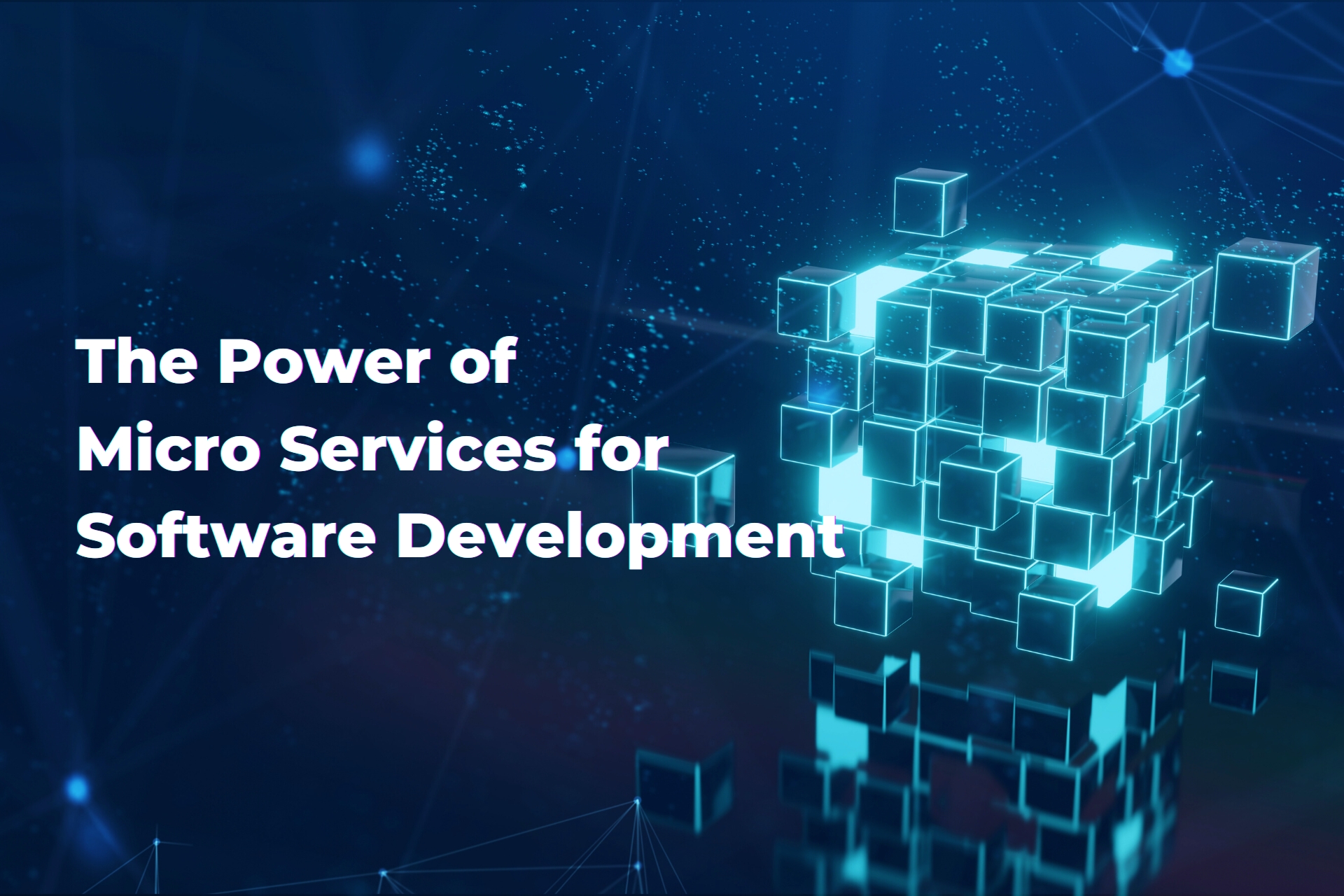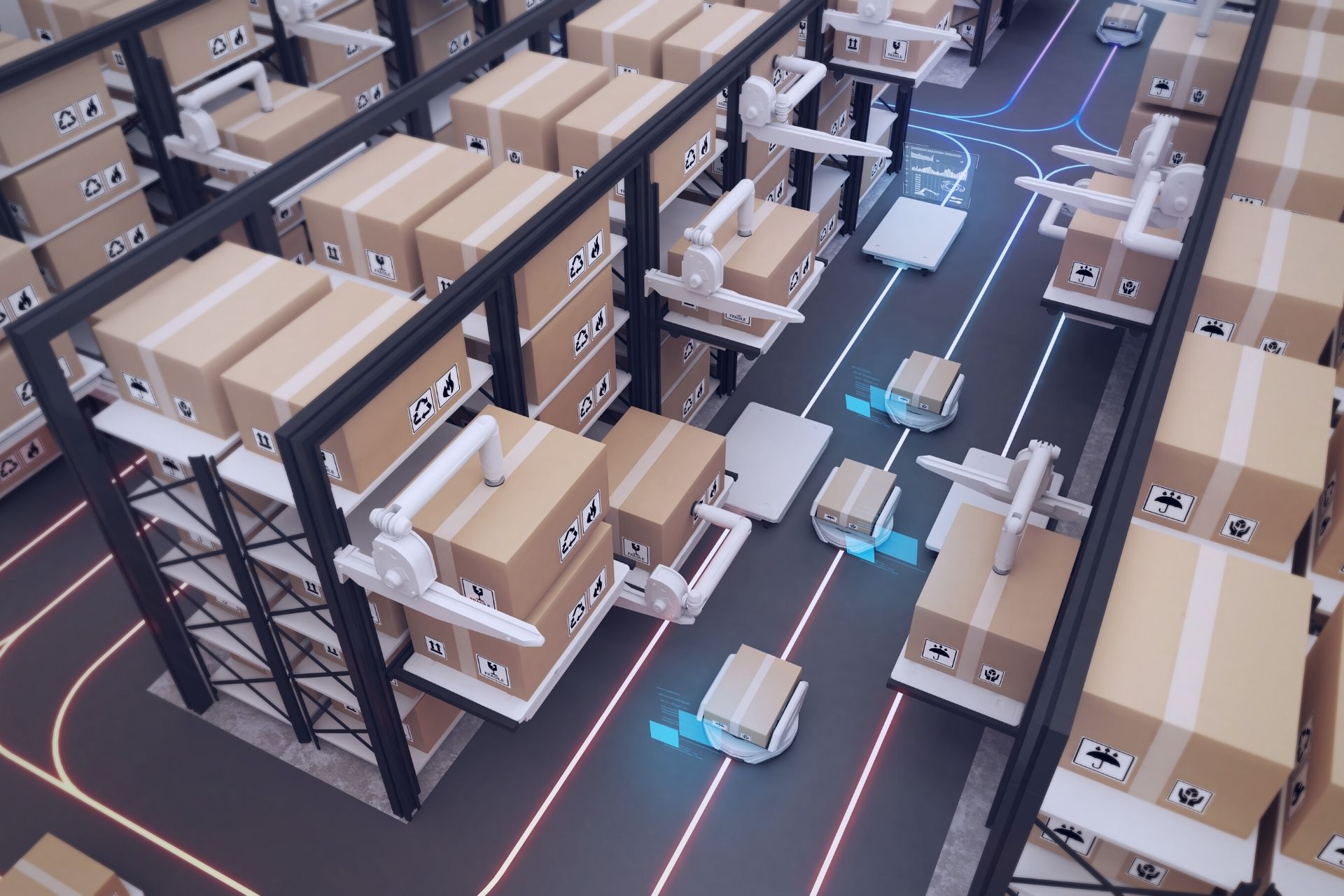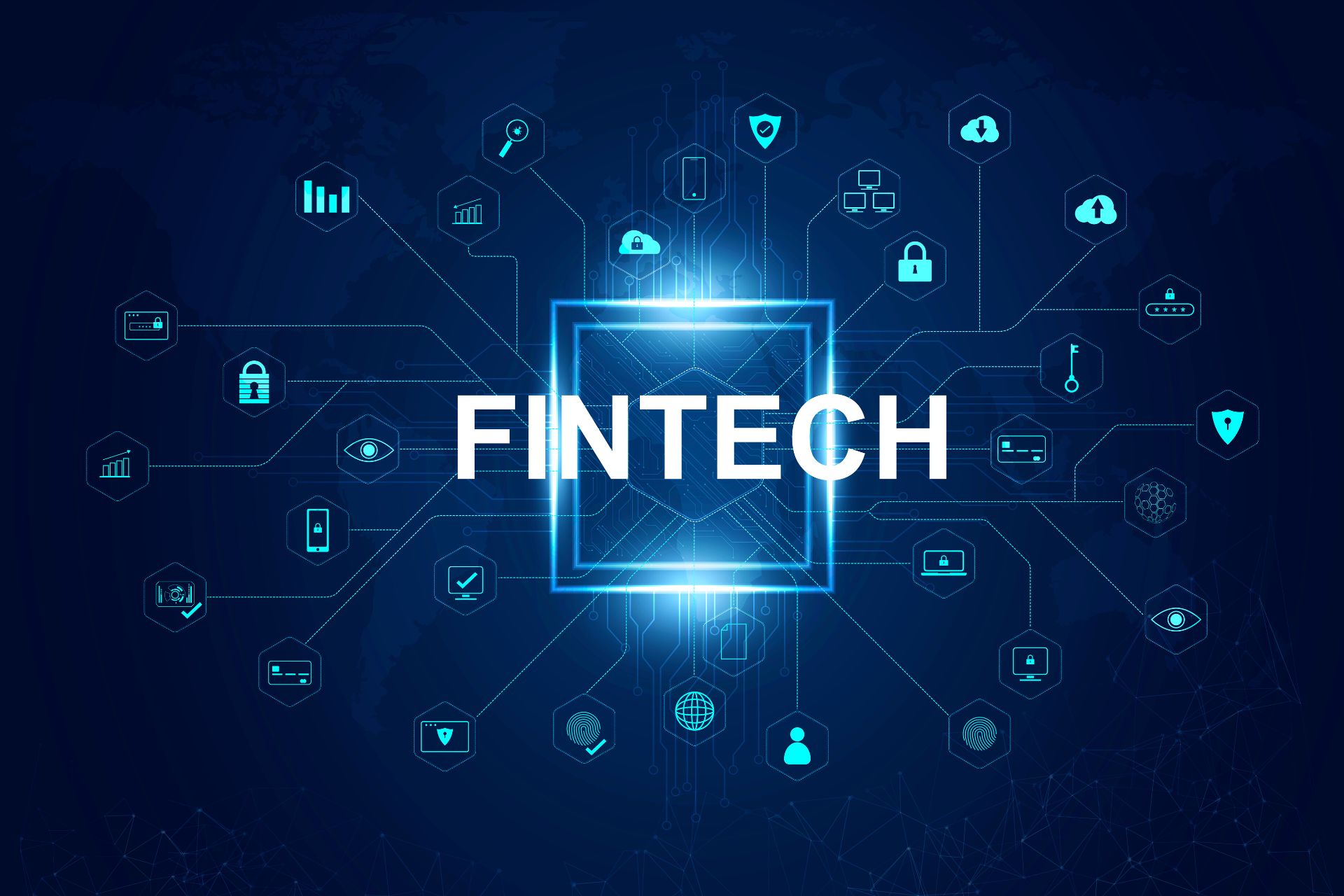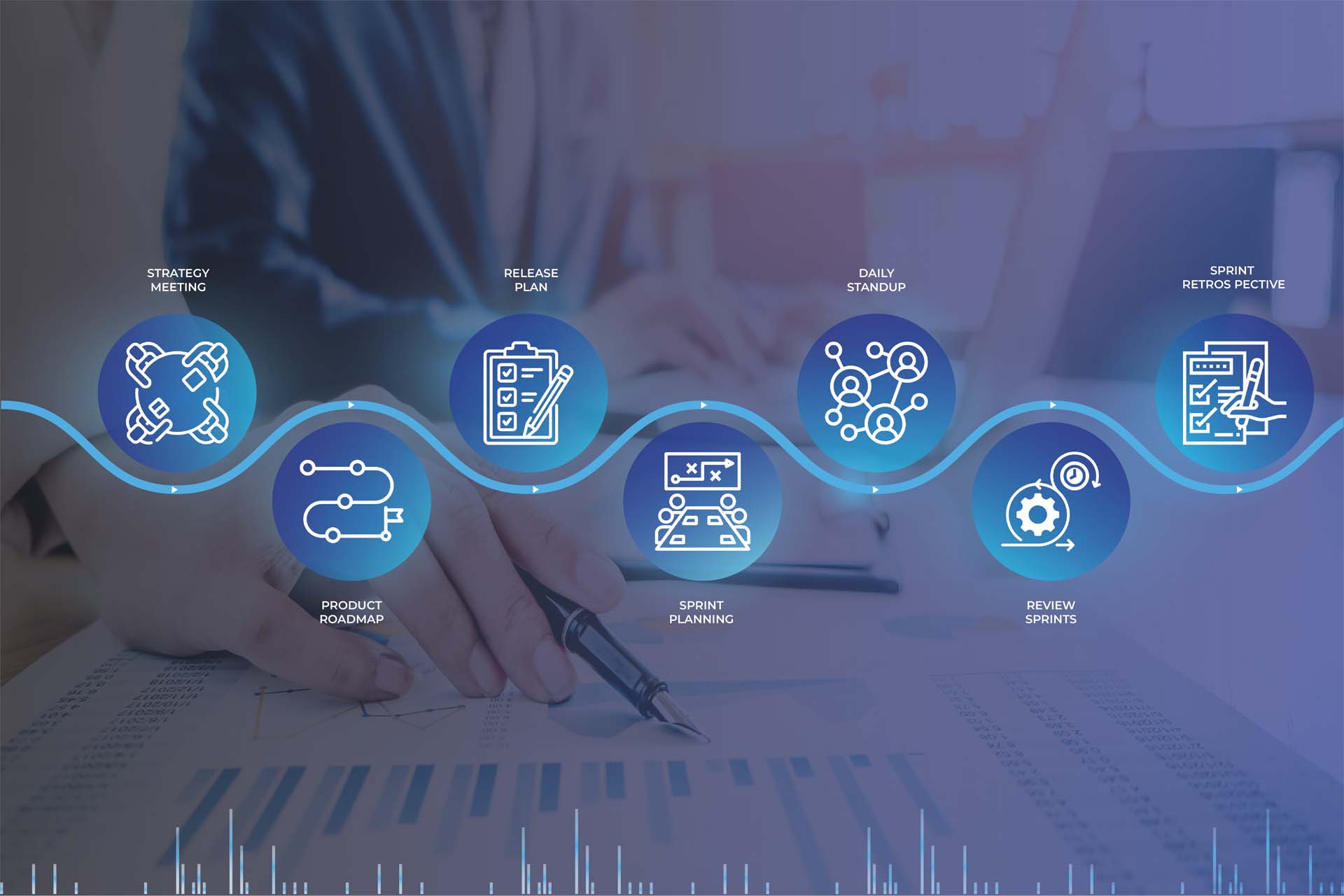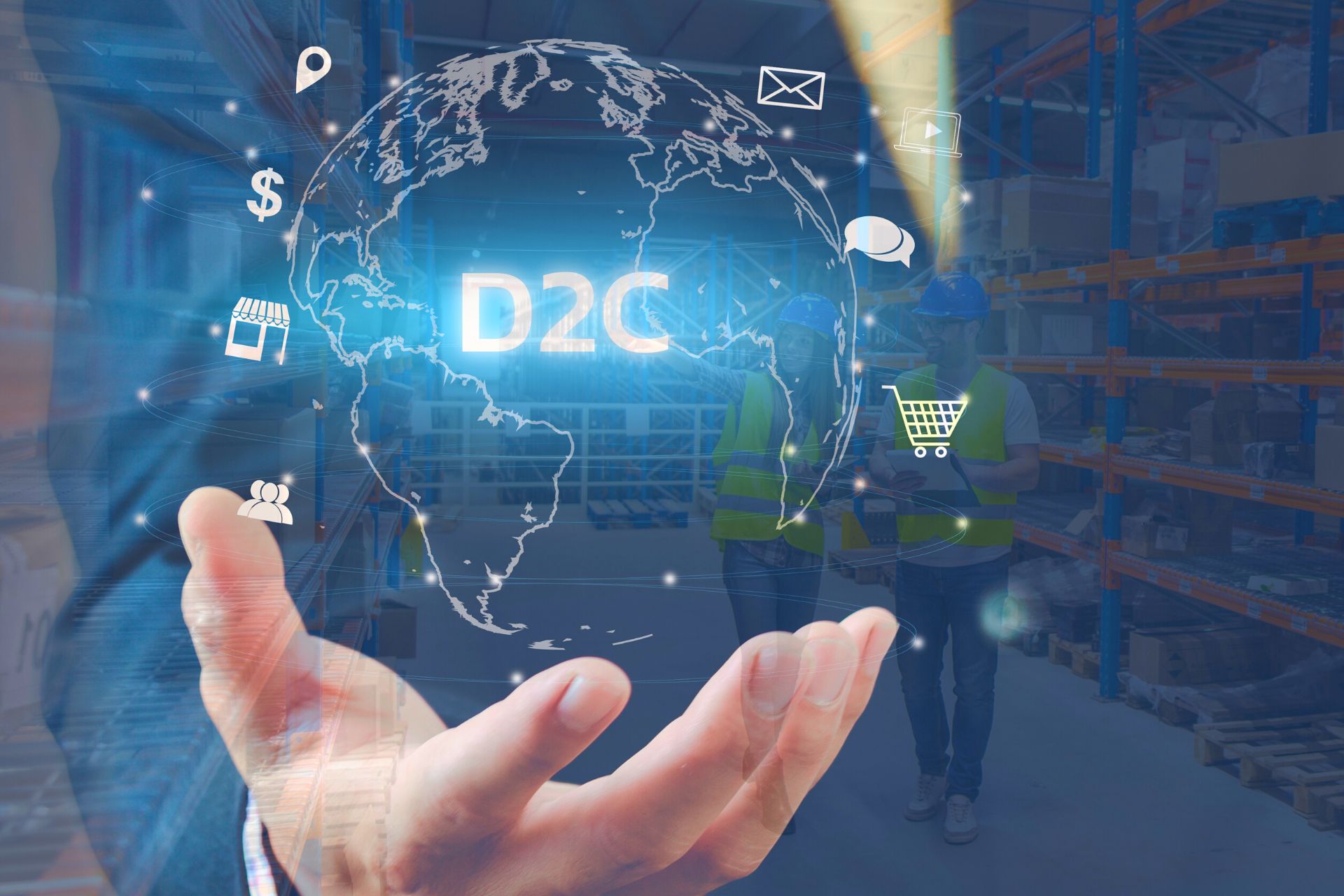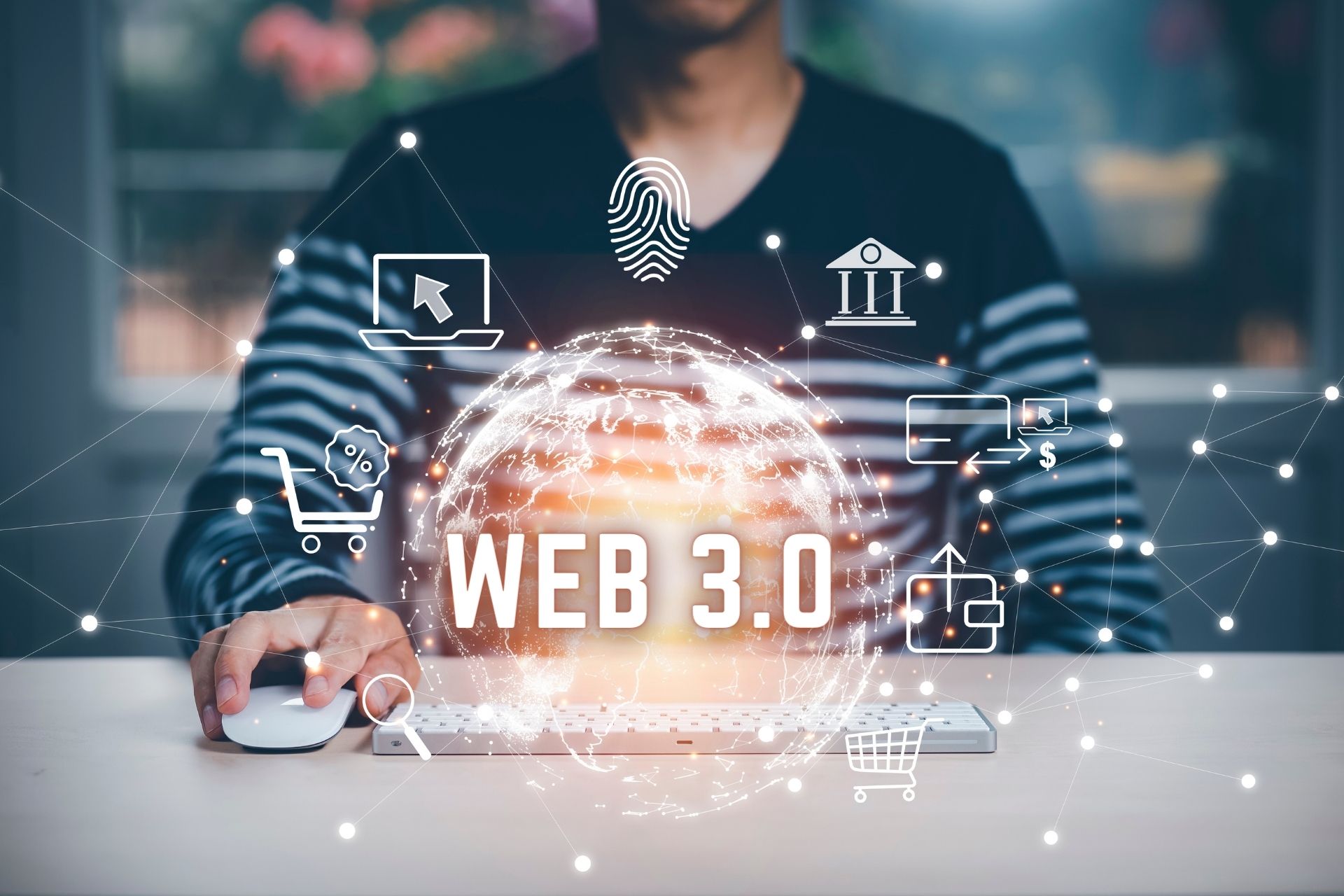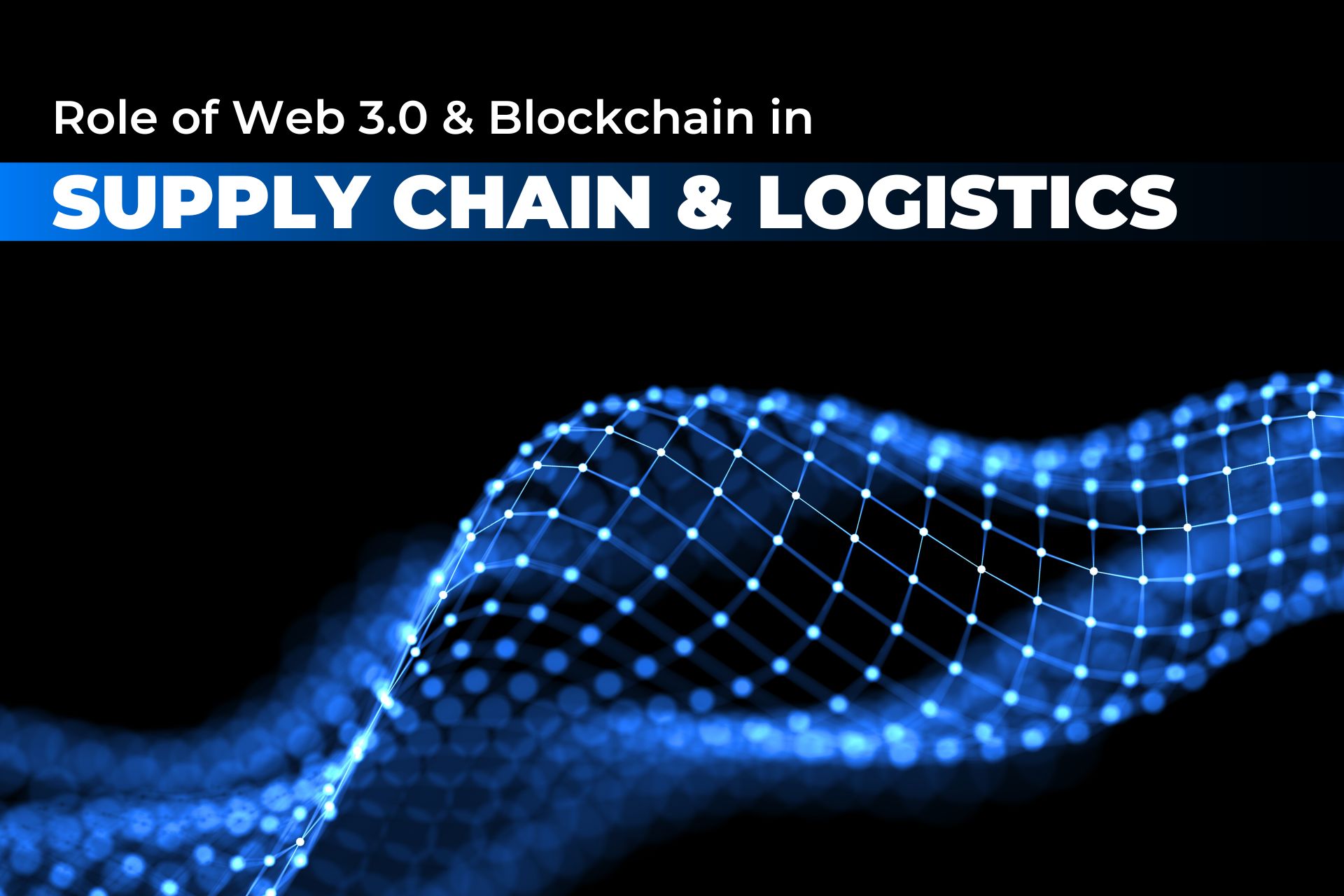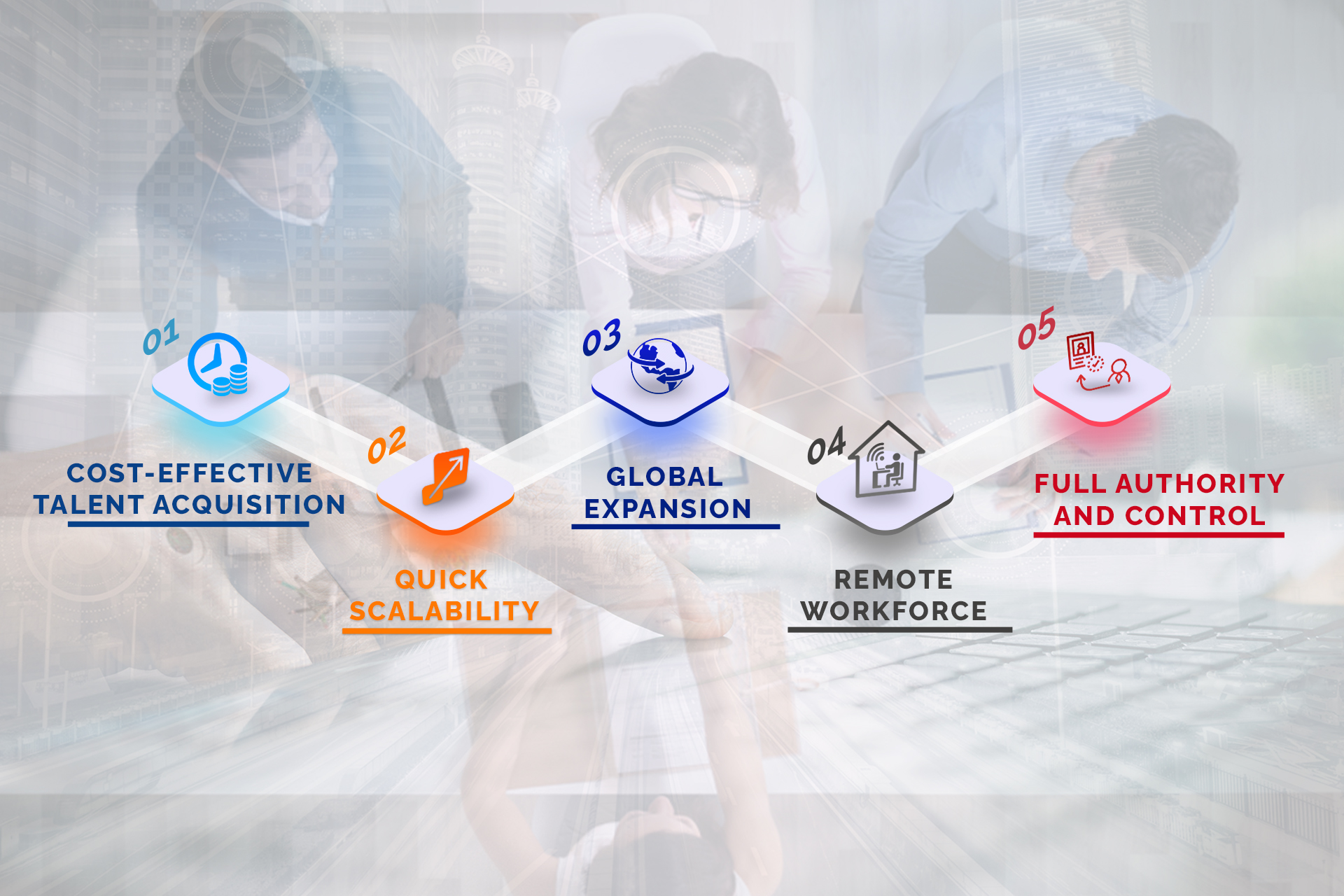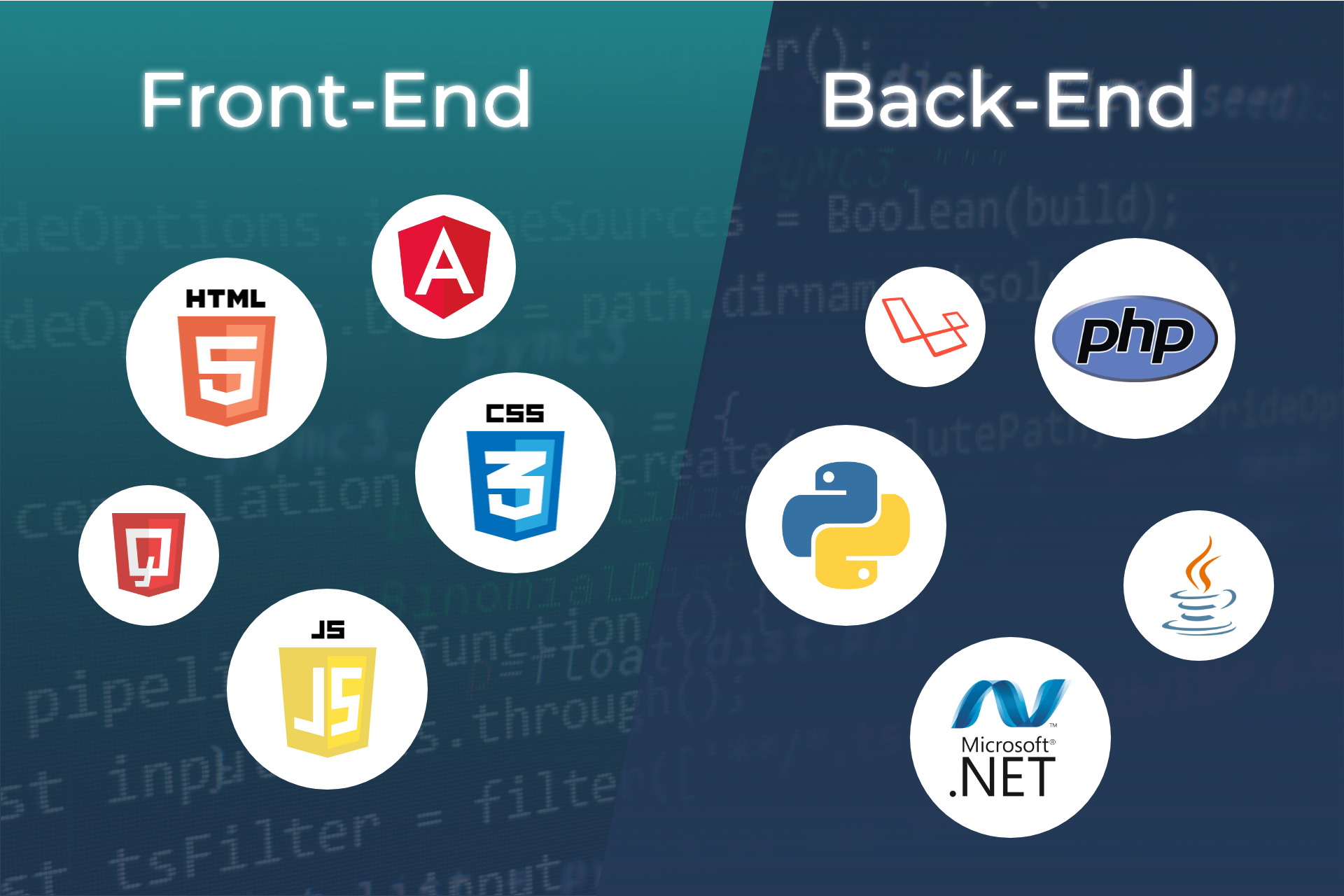
Future of Finance and Fintech
By Admin
The finance industry is undoubtedly one of the fastest evolving sectors concerning technological advancements. Financial technology, commonly known as 'Fintech,' has taken the rails. A few years back, only back-office automation used fintech in financial institutions. Today, we cannot envision the complete finance sector without fintech.
Most parts of web 3.0 i.e. Blockchain, Crypto, Neobanks, and more, are all seedlings grown from the finance industry. With all these, fintech has grown at a decent pace over a few years, but there's a long way to go until it reaches the pinnacle of technological advancements.
Overseeing the impact of fintech post-pandemic, there has been a paradigm shift in how banks and consumers operate and engage for their financial needs. Due to this, many venture capitalists, angel investors, and startup incubators have been investing money into projects aggressively working on fintech advancements.
Some reports indicate that funding in the financial sector has drastically increased from the 2nd Quarter of the financial year of 2021-22. Why is that happening? Why suddenly are VCs showering love over fintech startups? It is because of the runway of innovation it has right in front. With the proven success of digitisation, everyone has high hopes for fintech innovation.
So what is upcoming and what is the future of fintech? Let's find out.
-
The impact of digitisation
Digitisation is everywhere. From the back-office data management to front-office service delivery, at every single step, you can sense the change digitisation has brought over the past couple of years.
The utilisation of raw automation is at its peak in the finance sector now. In upcoming times, more interactive use cases will be catered using machine learning and artificial intelligence.
More secure and robust financial transaction management systems are being implemented using blockchain. High processing power and huge energy consumption are a challenge on the way, but the future of blockchain implementation looks promising.
-
Connecting corporates with consumers with D2C operations
The ability to connect with consumers is a superpower for any business. Incorporating D2C models of communication and assistance can largely improve customer satisfaction. Geographical barriers will feel like ancient age problems with advancements in D2C operations in fintech.
Connectivity and service delivery to consumers residing in the most remote locations will soon be as easy as serving them in London with the help of high-speed internet and fintech innovations.
-
Fintech will be more accessible.
As mentioned in the previous point, reaching out to consumers in remote places will be easy, and the same will be true for small and remote businesses. Fintech is not fully accessible to every business owner now. The major reasons are affordability and scalability.
However, some encouraging innovations like UPI are changing the game. Many small business owners in a developing country like India now accept digital payments. The scalability and use cases are limitless globally if implemented correctly.
Concluding to all of this, it seems that the fintech and financial sector has a promising and innovative future. From the view of traditional industry, the finance sector has outgrown everyone's expectations. The story of innovation and technological evolutions is likely to be continued with future advancements in fintech.
If you are looking to gain more insights on how fintech can help your financial institution or if you are looking for any support with fintech or software solutions for financial business, feel free to contact us.
Insights
Insights into
our World
A view of the ever-evolving digital world through our screens

